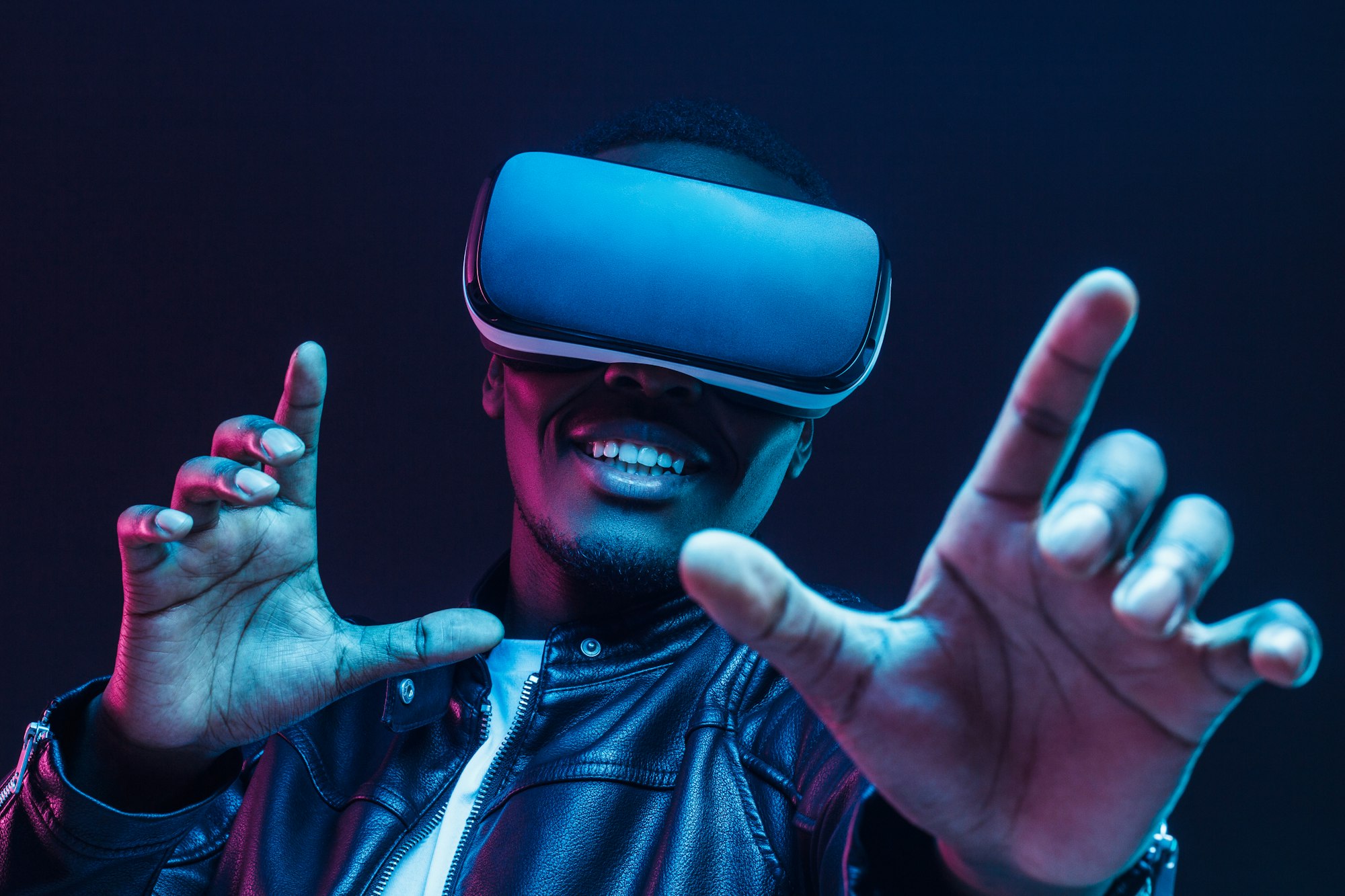Virtual Reality (VR)
Virtual Reality (VR) is no longer a figment of our imaginations or a trope in sci-fi movies. It’s an actual, tangible technology shaping our real world. From gaming to education, therapy to tourism, VR is changing the way we perceive, interact, and understand our surroundings. But what makes VR so revolutionary? Let’s take a closer look.
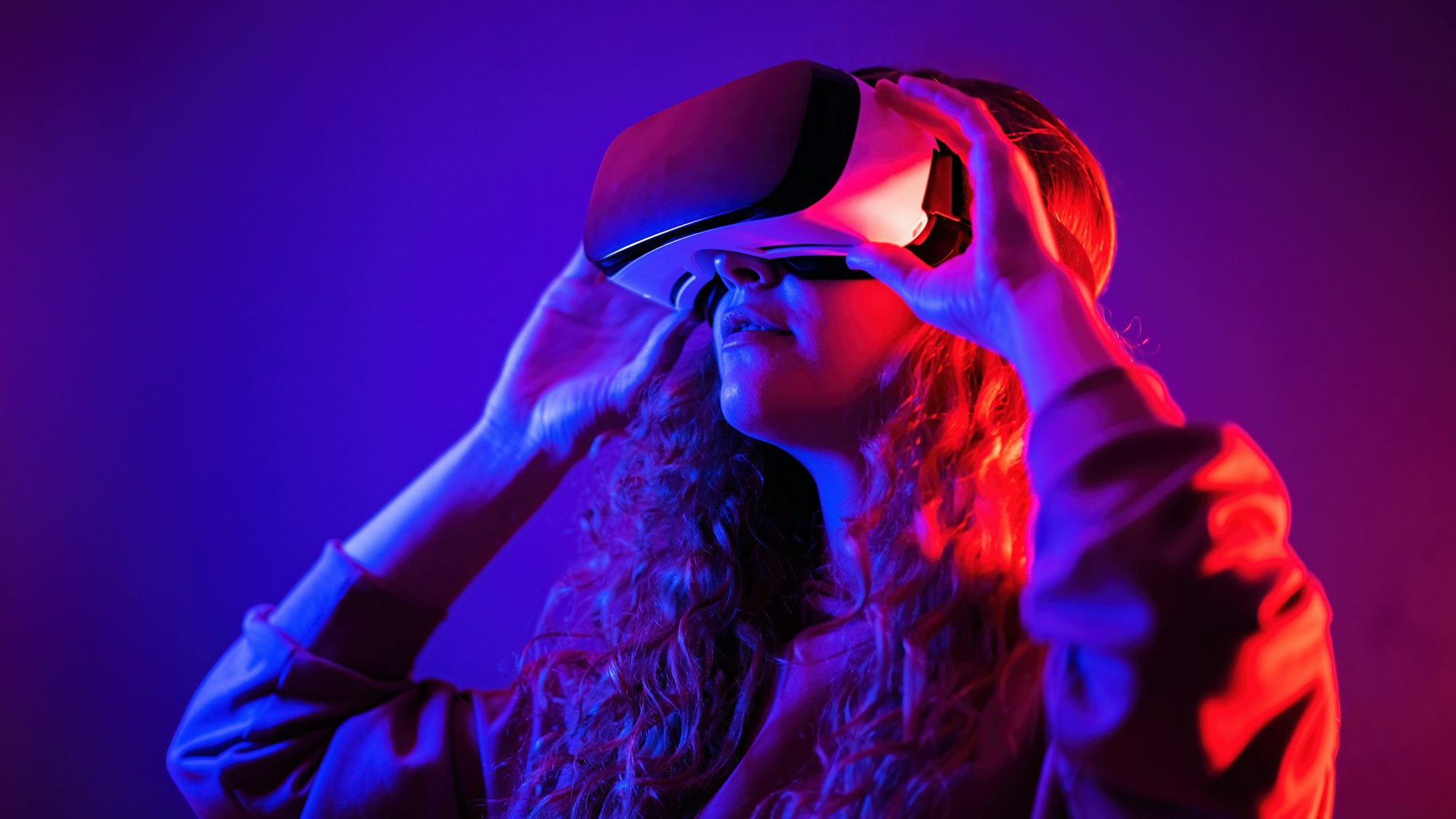
1. What is Virtual Reality (VR)?
At its core, VR is a computer-generated simulation of a three-dimensional environment. Users are immersed in this environment, and often can interact with it, using specialized equipment such as VR headsets and motion-sensing gloves or controllers.
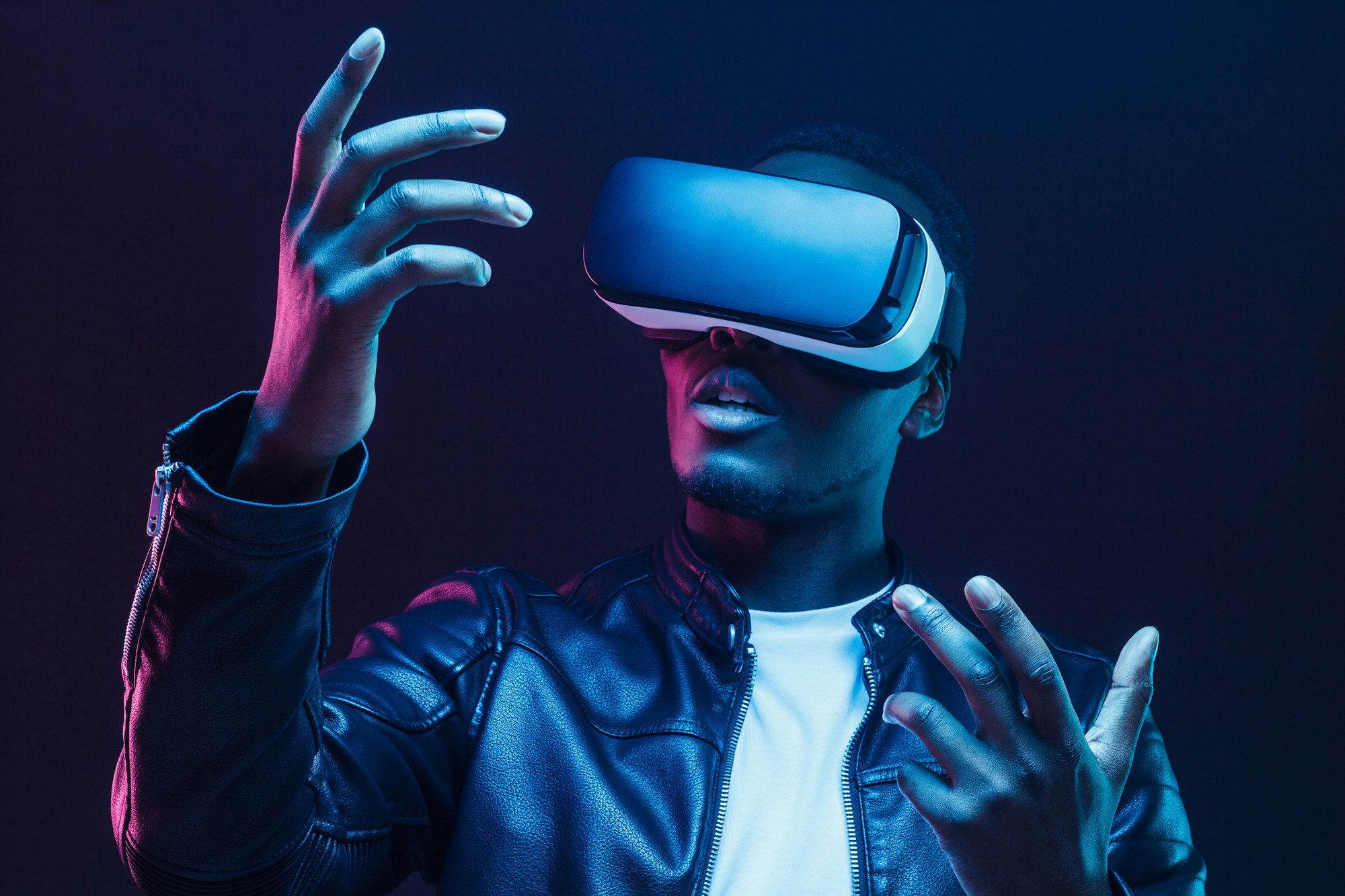
2. Evolution of VR
While the concept of VR has existed for decades, its execution and mainstream adoption have accelerated dramatically in the last ten years.
1970s-1980s: The concept of VR began with arcade games and flight simulators.
1990s: Introduction of commercial headsets but with limited success due to technological constraints and high costs.
2010s: Oculus Rift reinvigorated interest in VR. Soon, tech giants like HTC, Sony, and Google entered the market.
2020s: Improved hardware, realistic graphics, and a broader application spectrum, from gaming and movies to training and virtual tourism.

3. Applications of VR
Gaming: VR offers an unparalleled gaming experience, allowing players to be ‘inside’ the game.
Training: From surgeons practicing complex procedures to pilots training in flight simulators, VR offers a risk-free learning environment.
Therapy: VR is proving invaluable in exposure therapy, helping people overcome phobias by gradually exposing them to their fears in a controlled setting.
Education: Imagine taking a walk through ancient Rome or exploring the depths of the ocean. VR brings subjects to life, providing immersive learning experiences.
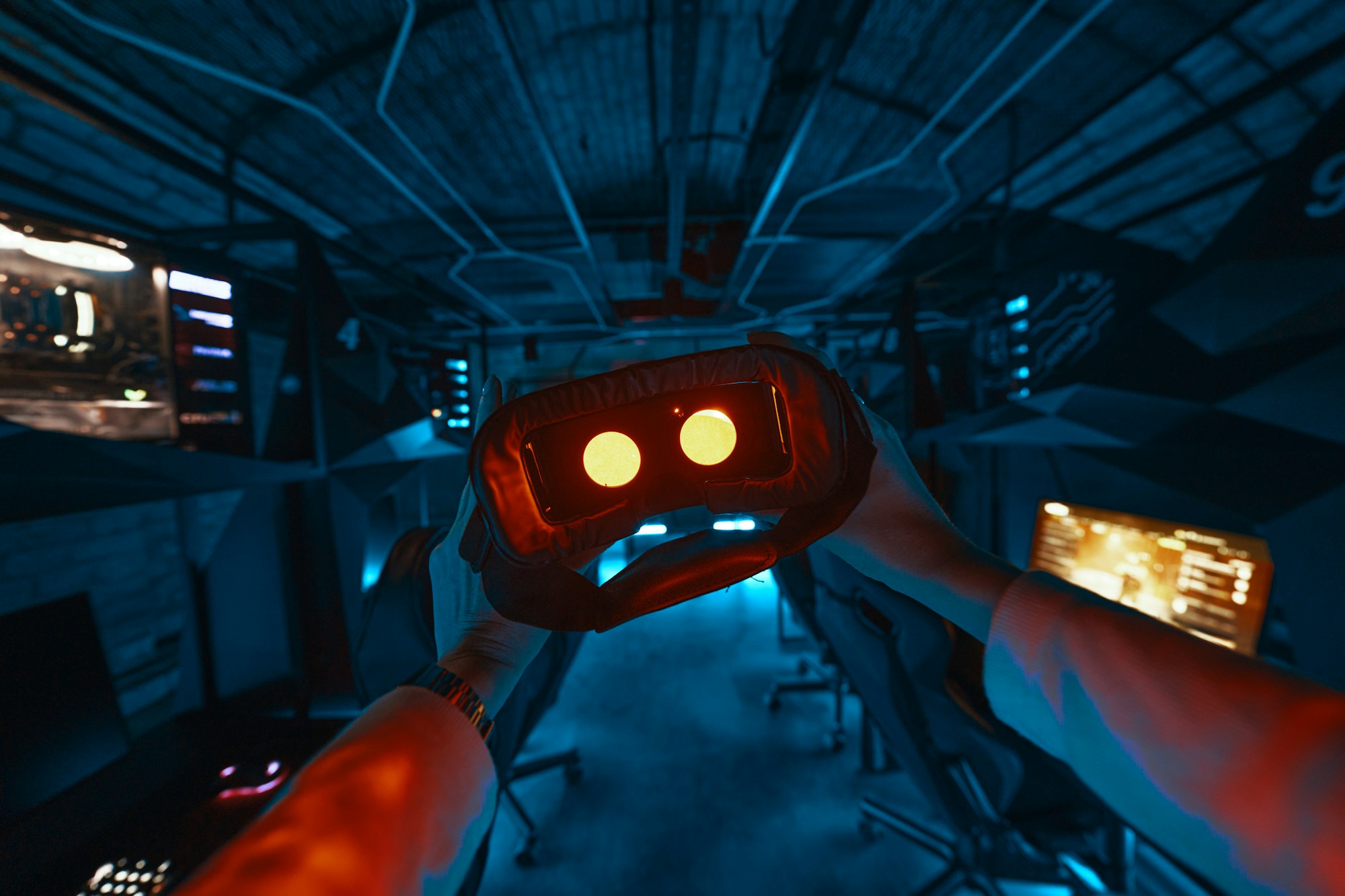
4. The Social Aspect of VR
Platforms like VRChat and Facebook’s Horizon Workrooms are pushing the boundaries of social interaction. Users can meet in virtual spaces, chat, and interact as avatars. This kind of social VR has potential implications for remote work, education, and social networking.
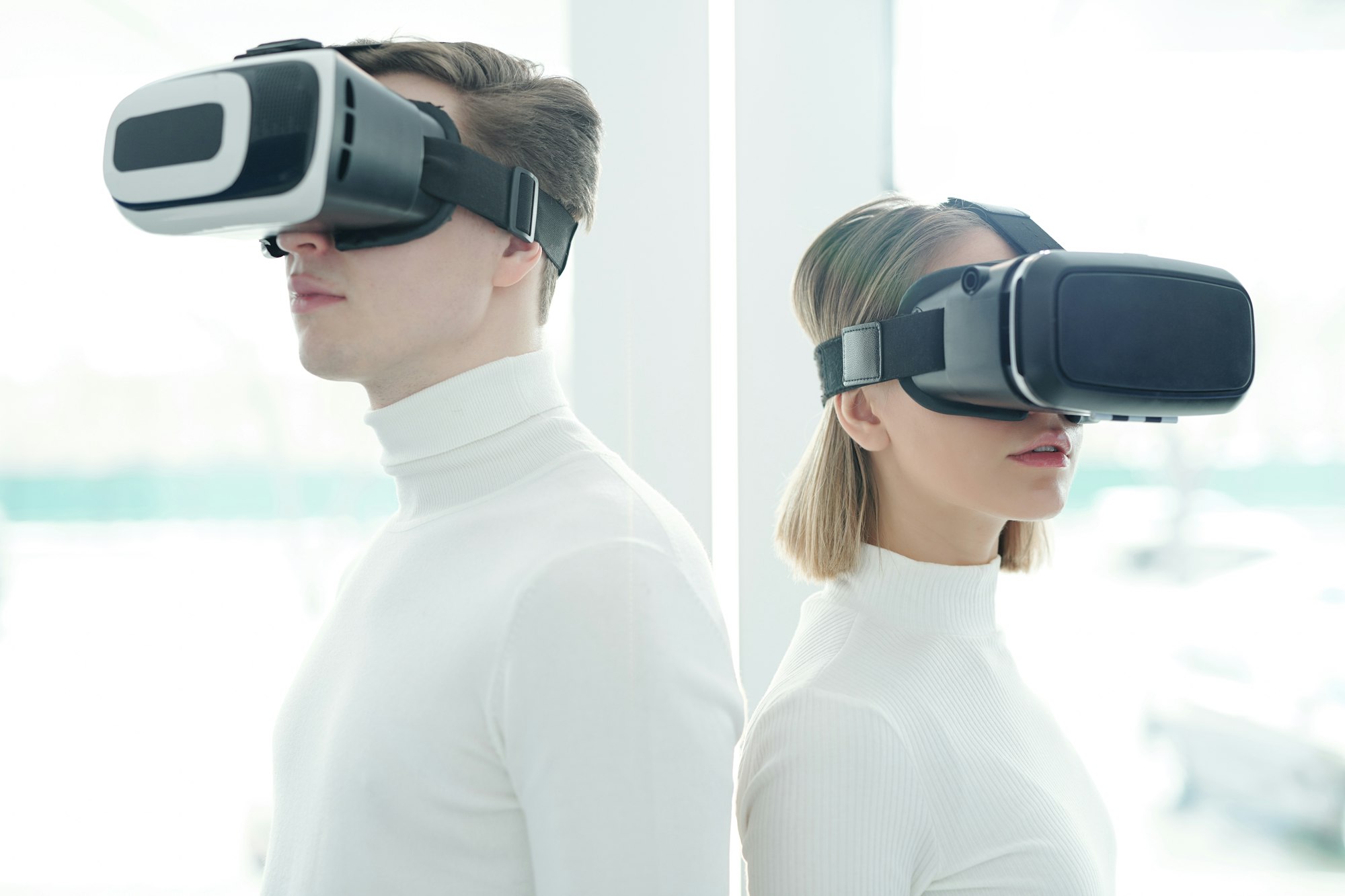
5. The Future of VR
With the pace of technology, we can expect:
Increased Realism: As graphics and processing capabilities improve, the line between virtual and reality will blur.
Haptic Feedback: Imagine feeling the warmth of virtual sunlight or the texture of digital objects. Advanced haptic technology aims to add a tactile dimension to the VR experience.
Brain-Computer Interfaces: Direct neural interfaces may one day allow us to control VR environments with our thoughts.
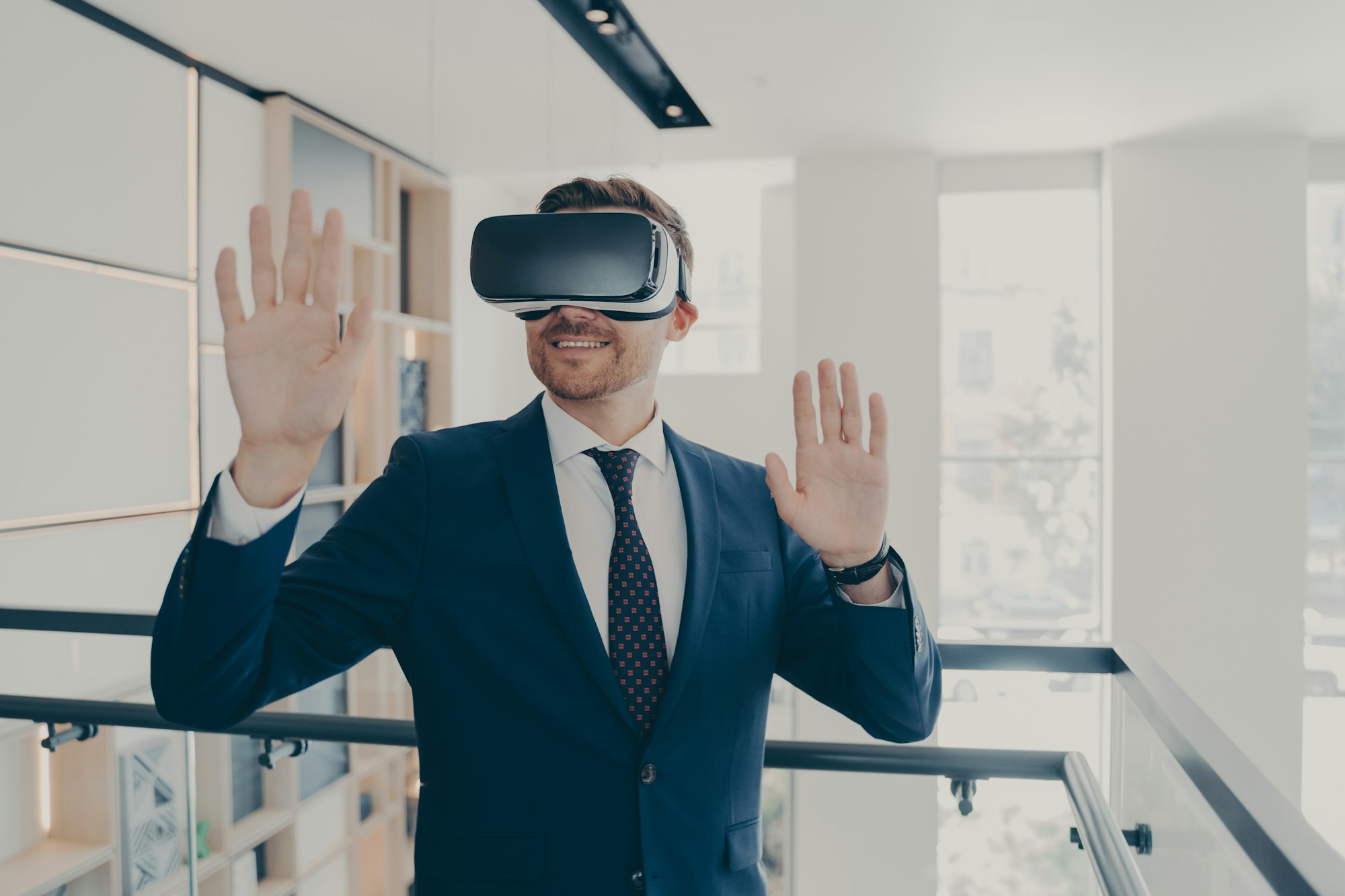
6. Concerns and Considerations
As with any technology, VR isn’t without its concerns:
Health and Safety: Prolonged use can lead to eye strain, disorientation, or even physical injury if users aren’t cautious of their real-world surroundings.
Social Implications: Overreliance on VR could potentially reduce face-to-face interactions or impact mental health.
Ethical Dilemmas: As the line between reality and virtual blurs, new ethical questions arise. How do we ensure privacy, security, and equitable access?
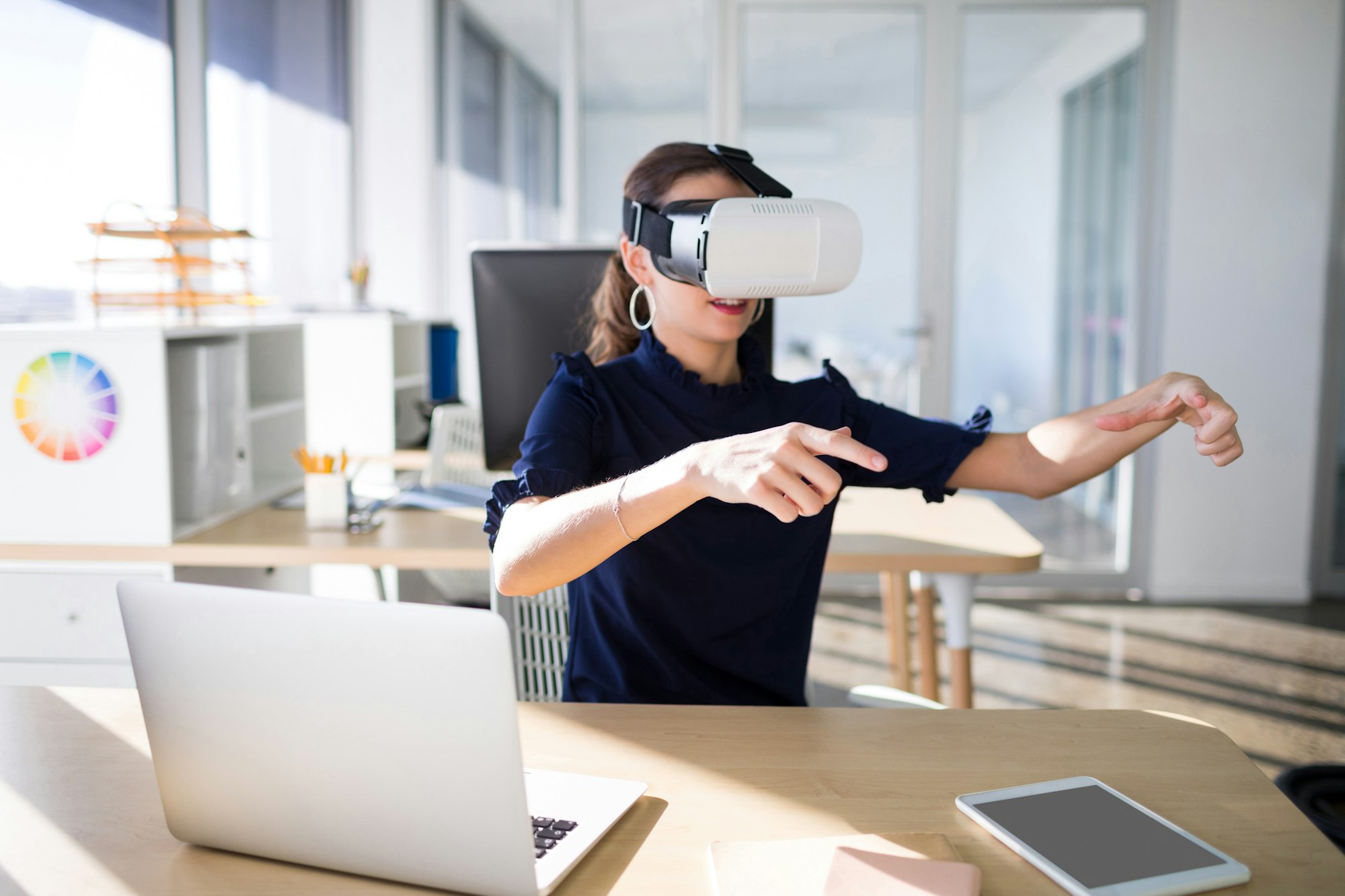
Conclusion
Virtual Reality is undoubtedly a transformative technology. As we continue to blur the boundaries between the tangible and the digital, we find ourselves on the cusp of a new era. With potential benefits and risks at hand, our journey into the virtual realm promises to be nothing short of revolutionary. Embracing the technology while staying aware of its implications is the key to navigating this brave new world.
